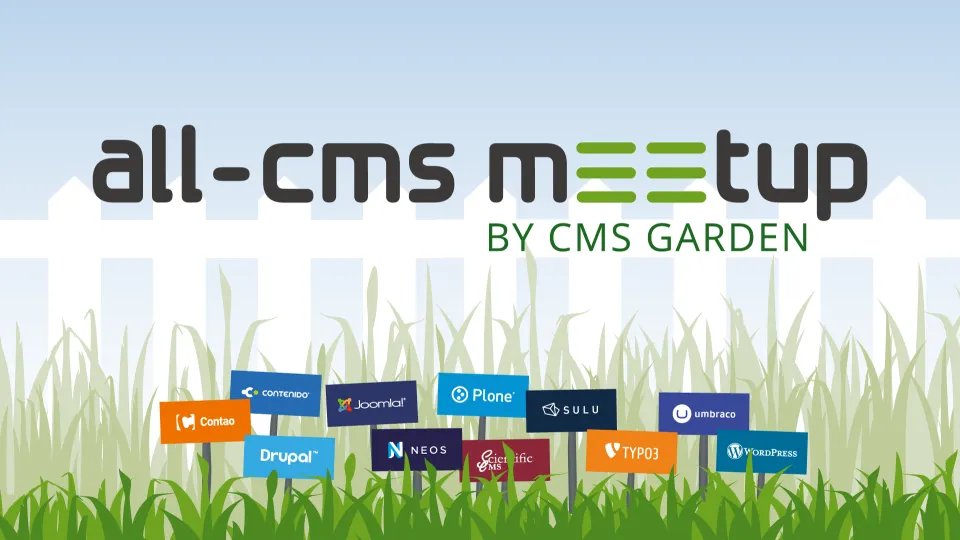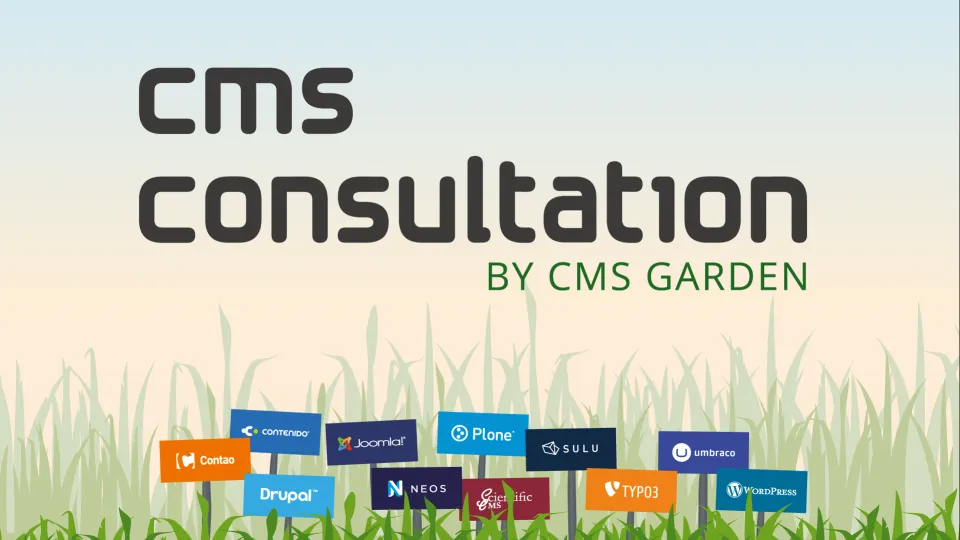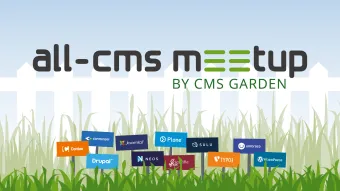Integrations with other systems
Sulu offers many pre-built integrations with marketing tools such as Google Analytics, Google Tag Manager or Matomo. Integrating the system even deeper into an existing technology stack can be done by using one of the many available Symfony modules. This makes features such as a login via LDAP or SAML very simple to implement.
Another popular integration is Sylius, an e-commerce platform based on similar technologies. A typical use case is synchronising products from Sylius and leveraging Sulu’s CMS functions to optimise the content for a website. In this scenario, Sylius still takes care of the shopping basket and the checkout process. Similar solutions, using ERP systems such as SAP or Dynamics, have been implemented using this approach.
It’s not a tool for everything
Sulu includes a relatively large set of built-in functionalities, making it less suitable for smaller websites or simple blogs. Efficient development also requires a certain amount of Symfony experience, such as managing the installation process. Unlike many other CMS that offer a web installer, Sulu uses the PHP package manager Composer.
Creating design templates for the system often takes more effort than with other systems, because an ecosystem of pre-built and downloadable templates does not exist. If such a template is used, manual integration is required.
High quality approach
Sulu is highly respected in the Symfony community, thanks to the proximity to this framework. Adoption is increasing rapidly in recent years. Regular system updates, new features, and the major release 2.0 in 2019 demonstrate the team’s commitment to high quality.
An active developer community can be found on a dedicated (and free) Slack channel where even core contributors can be found and are happy to help wherever they can.
Since 2018 the Sulu GmbH takes care of future system developments and community support. Additionally, trainings, consulting and customised modules are being offered. A partner program has been released in 2019.








